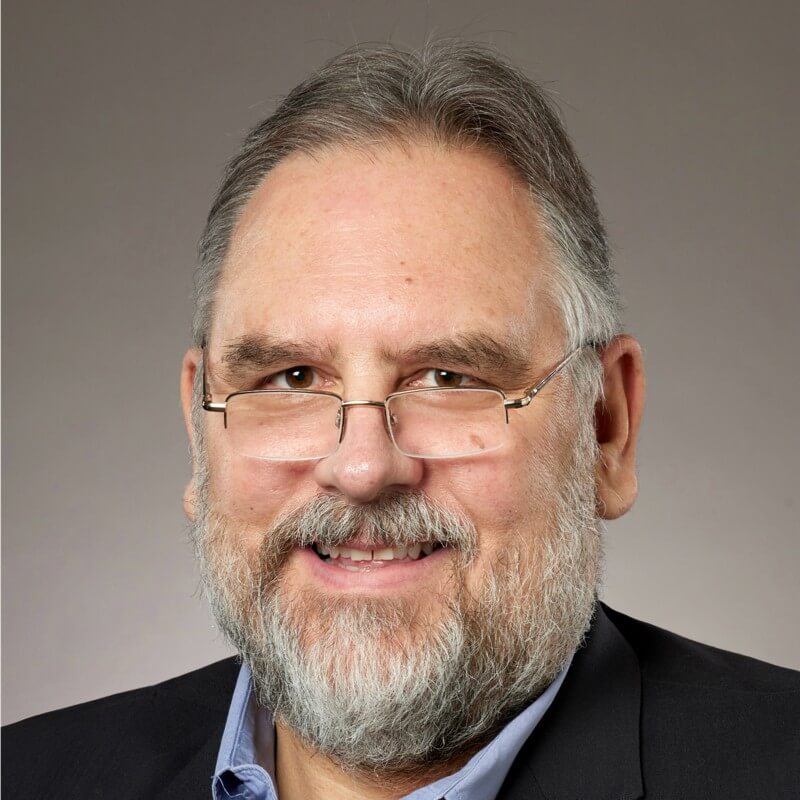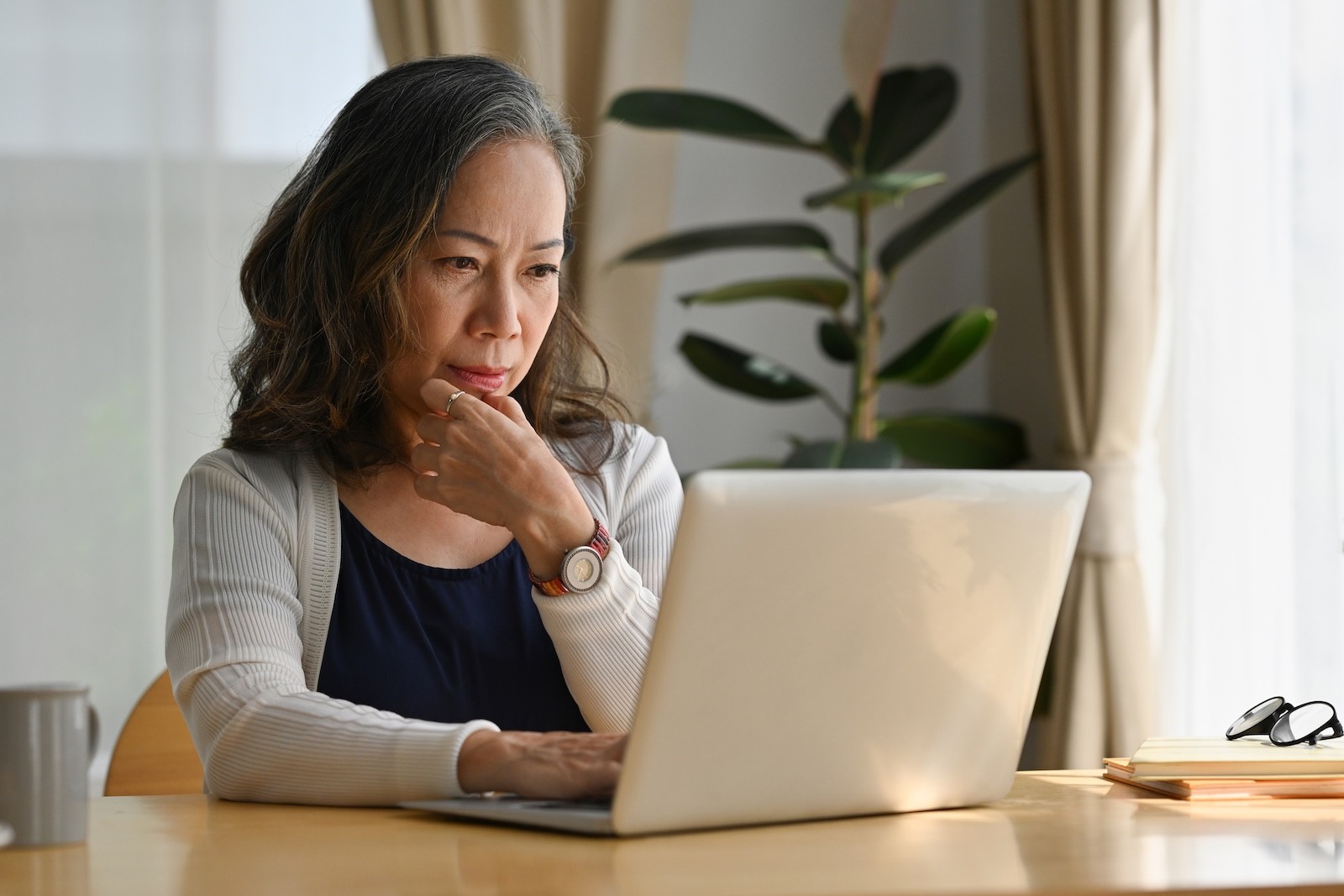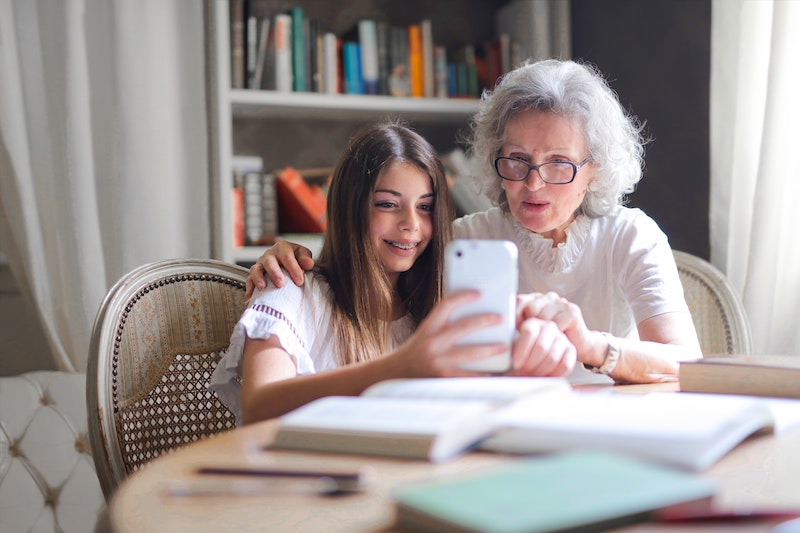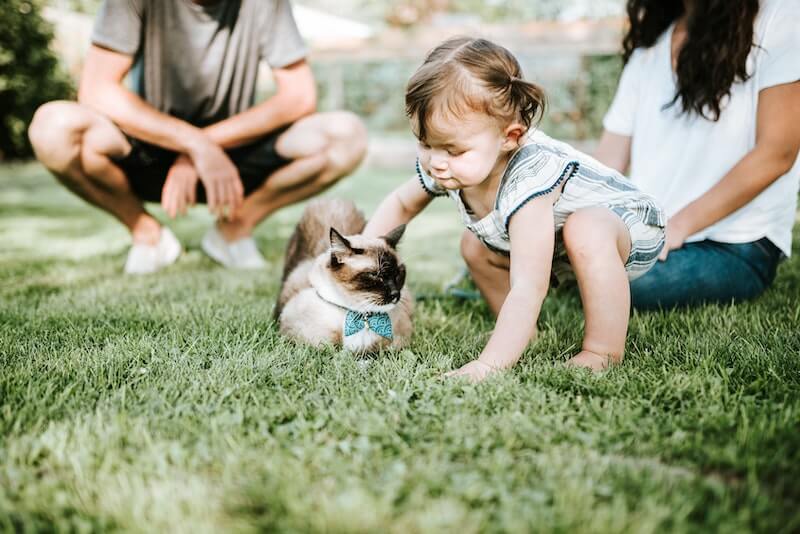By Allison L. Lee, FreeWill's associate general counsel
In October 2011, soon after I had started my career as a newly minted attorney at a law firm near my childhood home, my mom was diagnosed with pancreatic cancer. My relatively young, otherwise vibrant and healthy mother was given a terminal diagnosis.
The news was unexpected and shattering to my family. As we struggled to process our shock and confusion, my dad especially had to think through unpleasant logistics: What would happen to my mother’s belongings? Who would make decisions for her in her final days? The estate planning process had suddenly become more than a career for me — it was now deeply personal.
But my mother — a former school teacher accustomed to lesson planning for a room of energetic school kids — was prepared: she had already created a simple but solid estate plan. Long before her diagnosis changed the trajectory of my family’s journey, she had gone through the process of planning what should happen to her estate when she passed away. And that included communicating her wishes to her loving and devoted husband — my father — who she knew would be by her side through it all to ensure her wishes would be realized.
Perhaps planning for death seems overly practical or depressing, especially in the prime of life. But in truth, it was one of the kindest things my mother could have done for us. Death often feels far away, more like an abstract concept than an inevitable truth, but it eventually becomes reality for all of us.
The foundation my mother built with her estate plan gave us solid footing during a difficult time. We had roughly 19 months with her from her diagnosis until the day she passed away. And during those 19 months, we laughed (sometimes uncontrollably!), lived, and loved. In the midst of it all, her estate plan allowed us to focus on what mattered most: Her legacy, and our family.
This, unfortunately, is not the experience for many people.
Despite the COVID pandemic serving as a daily reminder of our own mortality, 70% of Americans still don’t have a will. The vast majority understand it’s important, but there are many perceived barriers: thinking about death is unpleasant; the process feels overwhelming; and lawyers can be expensive. Above all, we as people often have an unrealistic perception of our own mortality. We feel like death is a long way off, and so the process of planning for it can be put off until another day.
However, estate planning — the process of making decisions about your property, healthcare, and finances in preparation for when you become incapacitated or pass away — is one of the most important things you do for your loved ones.
Here are three common misconceptions about estate planning, and some tips to help you create these important documents:
Myth #1: “I don’t own anything, so I don’t need a will.”
I hear this one a lot. First of all, it’s likely untrue — you probably own more than you think you do. And everyone should have a will, even if your estate is modest. Passing on your money, property, and possessions is only one reason. You can also use a will to:
- Protect your minor children by choosing responsible guardians for them
- Name caretakers for your beloved pets
- Communicate your funeral wishes, to relieve your loved ones of making these difficult decisions
Having a will also makes the estate administration process easier and faster for your loved ones.
Myth #2: “My family knows my preferences, so I don’t have to talk to them about my end-of-life wishes.”
Even if it feels uncomfortable at first, you should talk to your loved ones about your estate — don’t assume they know what you want. By talking to them about your wishes, you can eliminate confusion and prevent family members from arguing about what you would have wanted.
Even if your family does know your wishes, they don’t get to make decisions about your estate if you die without an estate plan. Instead, a local court will make those decisions based on state laws, which may be different than what you would have wanted.
By making an estate plan, you take control of your life and your death, and remove the burden of difficult decision-making from your loved ones.
Myth #3: “Making a will is expensive — I can’t afford it.”
Many people mistakenly believe that you have to hire a lawyer to write your will in order for the document to be valid. You can, but you don’t have to — if your estate is simple, you can make a legally-valid will on your own, free of charge or at a fraction of the cost.
With today’s technology, it’s easier than ever to access legally-valid will documents online. FreeWill is a free option supported by nonprofit organizations: you fill out the questionnaire and receive a will document customized to your wishes, valid in all 50 US states and D.C. We also include instructions for how to execute the will in your home state to make it legally valid.
As a former estate planning attorney, I always recommend working with a lawyer if you have questions about your estate plan, or if you have more complicated wishes (like providing for a beneficiary with special needs). My own mother worked with a lawyer to create hers. But for the average American who just wants to pass their possessions on to their loved ones, online wills are an affordable and legally-valid option.
Estate planning is the ultimate act of kindness
I speak from experience when I say estate planning is an act of love. Because my mother had already laid the groundwork for her estate, she didn’t have to start the planning process during a time of stress and sadness. Instead, she could spend the majority of her final months with her family and loved ones, laughing giddily about silly memories and carrying herself with the dignity and grace for which she’d always be remembered.
After my mom passed, I established my career as a trust and estates lawyer. I made it my goal to help others with their end-of-life planning, and to be a living testament to its importance. I am forever grateful to my mother for planning her estate before her diagnosis. Her wisdom and the example she set continue to inspire my personal and professional journey.
Death is a universal experience. By facing it instead of running from it, there’s an opportunity to develop the relationships that matter. As a result of my mother’s thoughtfulness and courage, we were able to spend her final months deeply immersed in what mattered most: each other.
Ready to protect your legacy? Create your will for free today with FreeWill.
Make your free estate plan today

Make your free advance healthcare directive

Make your free durable power of attorney

Make a stock donation today

Make your free revocable living trust










